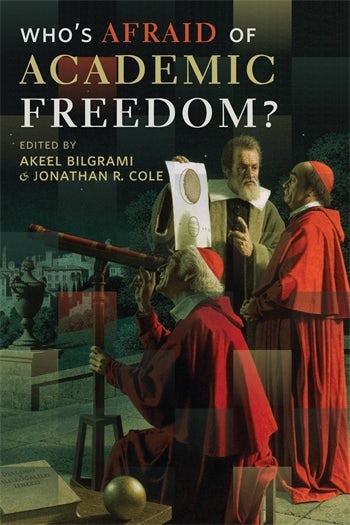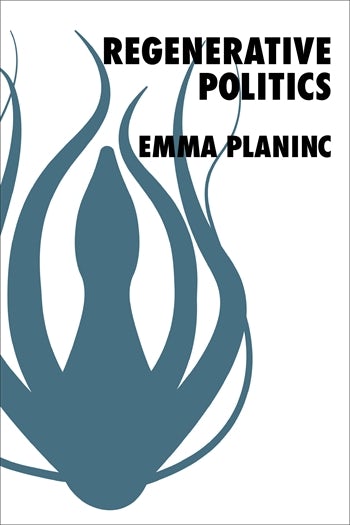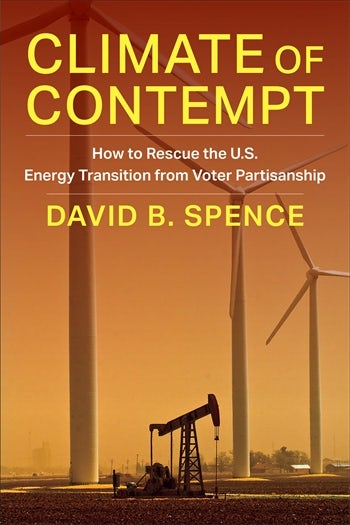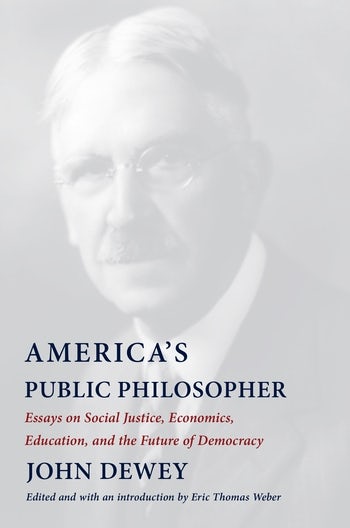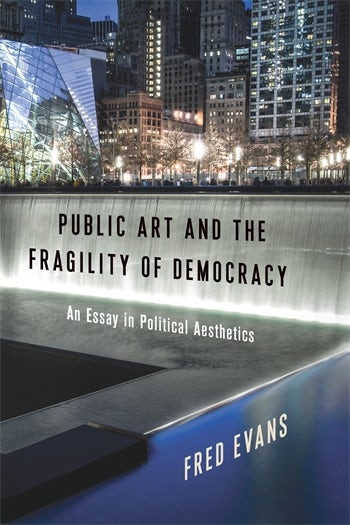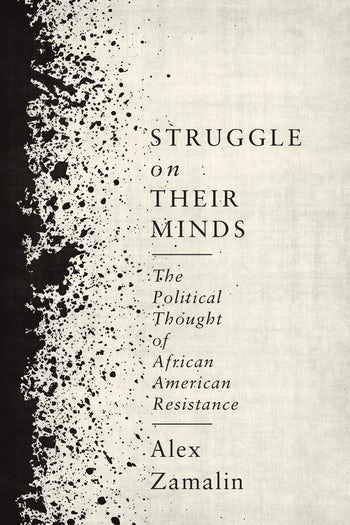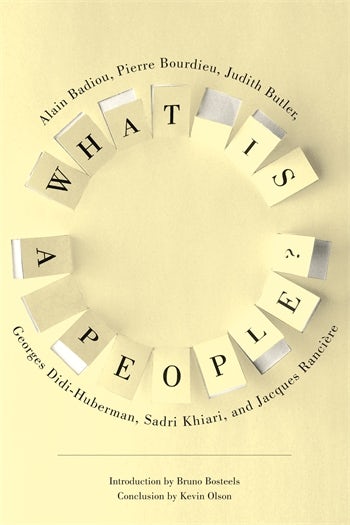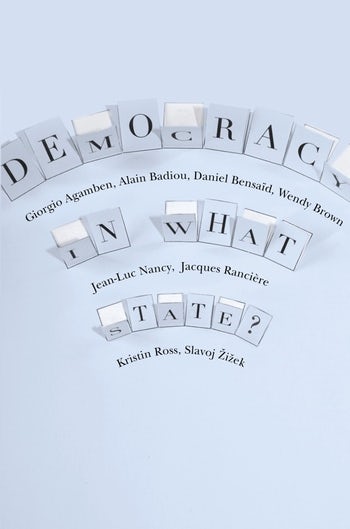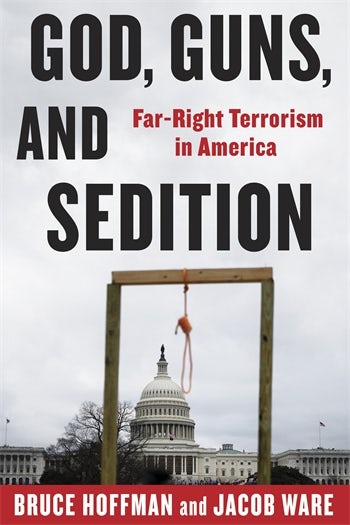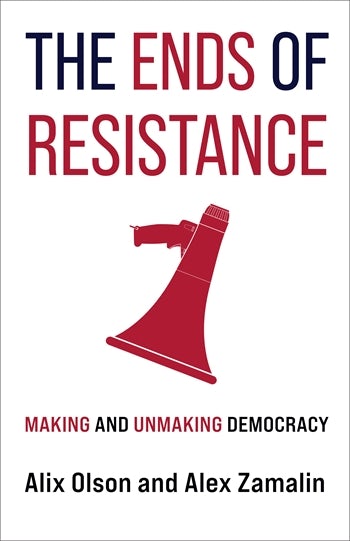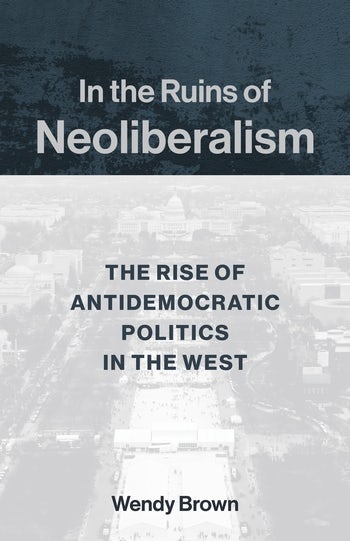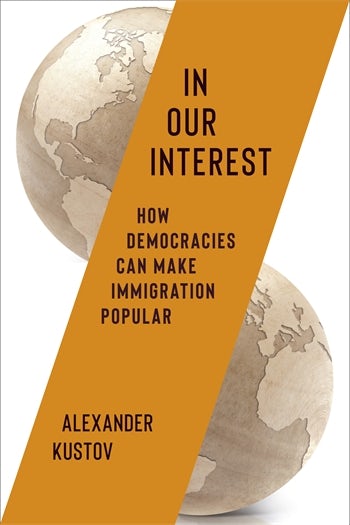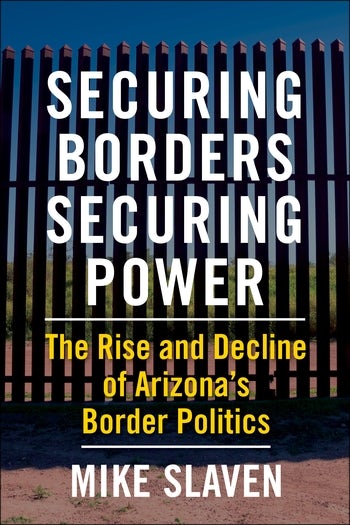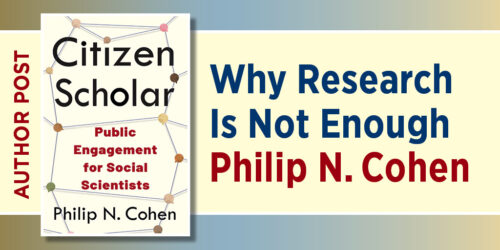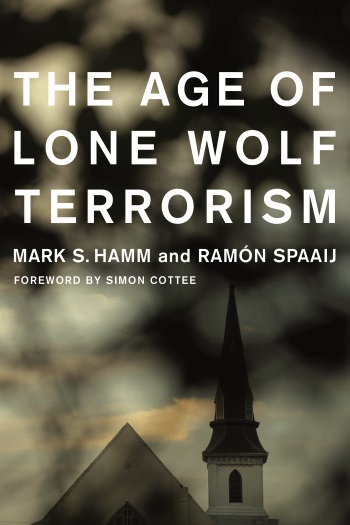Fourteen Books for Understanding Challenges to Freedom and Democracy
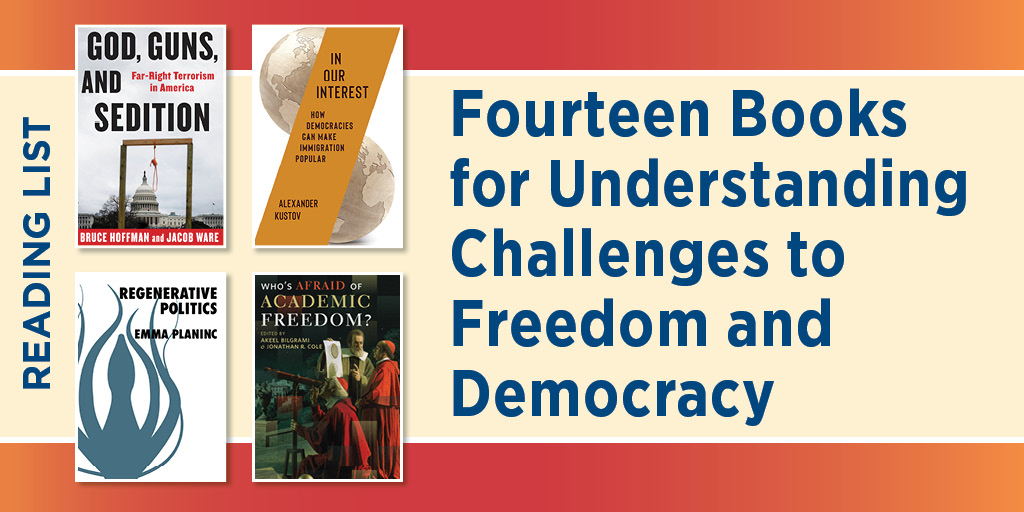
University presses play a vital role in publishing works that deepen our understanding of current events, particularly in areas such as democracy and the challenges it faces. By publishing books that foster critical scholarship and diverse philosophical perspectives, Columbia University Press contributes to the ongoing dialogue about political systems, civic engagement, and the forces that threaten democratic institutions.
The list below includes books in political theory that examine democracy from multiple angles—exploring historical contexts of neoliberalism, the far right, current political dynamics, and hope for the future—providing readers with the tools to navigate and engage with today’s complex political landscape.
Freedom and Democracy
Who’s Afraid of Academic Freedom?
Edited by Akeel Bilgrami and Jonathan R. Cole
In these seventeen essays, distinguished senior scholars discuss the conceptual issues surrounding the idea of freedom of inquiry and scrutinize a variety of obstacles to such inquiry that they have encountered in their personal and professional experience.
Regenerative Politics
Emma Planinc
Regenerative Politics offers a new political theory for the revitalization of politics. Emma Planinc shows that liberal democracies can arm themselves against extreme challenges by remaining perpetually open to the reconstitution of rights, restoring the capacity for human beings to determine themselves in the world.
Climate of Contempt offers a voter-centric, bottom-up explanation of national climate and energy politics, one that pinpoints bitter partisanship as the key impediment to transitioning to a net zero carbon future. David B. Spence explores the effects of polarization, partisanship, and propaganda on energy policy and considers how to build a broader climate coalition. He suggests new paths forward by providing a timely and incisive understanding of the politics of the energy transition.
America’s Public Philosopher
Essays on Social Justice, Economics, Education, and the Future of Democracy
John Dewey. Edited and with an introduction by Eric Thomas Weber.
The book includes forty-six essays on topics such as democracy in the United States, political power, education, economic justice, science and society, and philosophy and culture. These essays inspire optimism for the possibility of a more humane public and political culture, in which citizens share in the pursuit of lifelong education through participation in democratic life.
Fred Evans develops philosophical and political criteria for assessing how public art can respond to the fragility of democracy. He calls for considering such artworks as acts of citizenship, pointing to their capacity to resist autocratic tendencies and reveal new dimensions of democratic society. A nuanced consideration of contemporary art, aesthetics, and political theory, this book is a timely and rigorous elucidation of how thoughtful public art can contribute to the flourishing of a democratic way of life.
Struggle on Their Minds shows how the core values of the American political tradition have been continually challenged—and strengthened—by antiracist resistance, creating a rich legacy of African American political thought that is an invaluable component of contemporary struggles for racial justice. It is a critical text for our moment, showing how the political thought that comes out of resistance can energize the practice of democratic citizenship and ultimately help address the prevailing problem of racial injustice.
What Is a People?
Alain Badiou, Pierre Bourdieu, Judith Butler, Georges Didi-Huberman, Sadri Khiari, and Jacques Rancière. Translated by Jody Gladding. Introduction by Bruno Bosteels. Conclusion by Kevin Olson.
What Is a People? seeks to reclaim “people” as an effective political concept by revisiting its uses and abuses over time. Alain Badiou surveys the idea of a people as a productive force of solidarity and emancipation and as a negative tool of categorization and suppression. By engaging this topic linguistically, ethnically, culturally, and ontologically, the voices in this volume help separate “people” from its fraught associations to pursue more vital formulations.
Democracy in What State?
Giorgio Agamben, Alain Badiou, Daniel Bensaid, Wendy Brown, Jean-Luc Nancy, Jacques Rancière, Kristin Ross, and Slavoj Žižek. Translated by William McCuaig.
Concentrating on the classical roots of democracy and its changing meaning over time and within different contexts, these essays uniquely defend what is left of the left-wing tradition after the fall of Soviet communism. They confront disincentives to active democratic participation that have caused voter turnout to decline in Western countries, and they address electoral indifference by invoking and reviving the tradition of citizen involvement. Passionately written and theoretically rich, this collection speaks to all facets of modern political and democratic debate.
Neoliberalism and the Far-Right
God, Guns, and Sedition offers the definitive account of the rise of far-right terrorism in the United States—and how to counter it. Leading experts Bruce Hoffman and Jacob Ware trace the historical trajectory and assess the present-day dangers of this violent extremist movement, along with the harm it poses to U.S. national security. An unparalleled examination of one of today’s great perils, this book also provides an array of essential practical recommendations to halt the growth of violent far-right extremism and address this global terrorist threat.
Alix Olson and Alex Zamalin offer a clear-eyed, critical account of how neoliberalism has redefined resistance to thwart social movements and consolidate power. Powerfully and accessibly written with manifesto-like urgency, The Ends of Resistance shows how marginalized voices and social movements deepen our thinking for confronting power.
Eviane Leidig offers an in-depth look into the world of far-right women influencers, exploring the digital lives they cultivate as they seek new recruits for white nationalism. Going beyond stereotypes of the typical male white supremacist, she uncovers how young, attractive women are playing key roles as propagandists, organizers, fundraisers, and entrepreneurs. Providing much-needed expertise on gender and the far right, she also details online and offline approaches to countering extremism.
In the Ruins of Neoliberalism casts the hard-right turn as animated by socioeconomically aggrieved white working- and middle-class populations but contoured by neoliberalism’s multipronged assault on democratic values. From its inception, neoliberalism flirted with authoritarian liberalism as it warred against robust democracy. It repelled social-justice claims through appeals to market freedom and morality. It sought to de-democratize the state, economy, and society and resecure the patriarchal family. In key works of the founding neoliberal intellectuals, Wendy Brown traces the ambition to replace democratic orders with ones disciplined by markets and traditional morality and democratic states with technocratic ones.
Immigration
In this data-driven, counterintuitive book, Alexander Kustov argues that showing people how immigration benefits them and their fellow citizens can lead to greater acceptance of more open policies. Using extensive cross-national surveys and experiments, he demonstrates that people are willing to bear costs to benefit others—but they prioritize helping their fellow citizens. Offering a realistic path forward that meets voters where they are, this book provides a new, optimistic perspective on the political prospects of pro-immigration reforms.
Tracing how the issue of unauthorized migration consumed Arizona state politics from 2003 to 2010, Mike Slaven analyzes how previously extreme arguments can gain momentum among politicians across the political spectrum. He presents an insider account based on interviews with political actors as well as historical research, weaving a compelling narrative of power struggles and political battles. A comprehensive chronicle of a key episode in recent American history, this book also draws out lessons that Arizona’s experience holds for immigration politics across the world.
Categories:PhilosophyPoliticsReading List
Tags:Akeel BilgramiAlain BadiouAlex ZamalinAlexander KustovAlix OlsonAmerica's Public Philosopherand SeditionBruce HoffmanBruno BosteelsClimate of ContemptDaniel BensaidDavid B. SpenceDemocracy in What State?Emma PlanincEric Thomas WeberEviane LeidigFred EvansFreedom and DemocracyGeorges Didi-HubermanGiorgio AgambenGodGunsIn Our InterestIn the Ruins of NeoliberalismJacob WareJacques RanciereJean-Luc NancyJody GladdingJohn DeweyJonathan R. ColeJudith ButlerKevin OlsonKristin RossMike SlavePierre BourdieuPublic Art and the Fragility of DemocracyRegenerative PoliticsSadri KhiariSecuring Borders Securing PowerSlavoj ZizekStay InformedStruggle on Their MindsThe Ends of ResistanceThe Women of the Far RightWendy BrownWhat Is a People?William McCuaig

